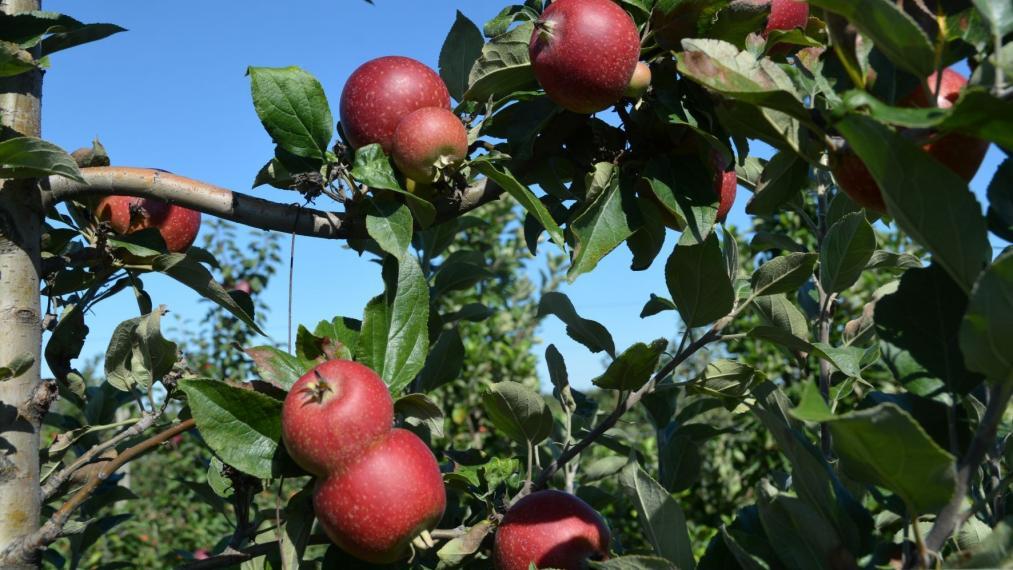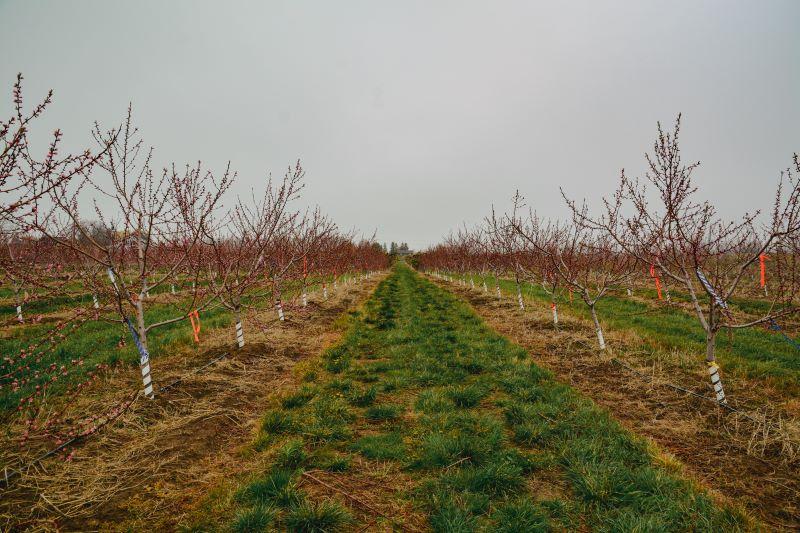
Artificial intelligence offers a tool to predict and control outbreaks of avian influenza
Protecting human and poultry health is the goal of University of Guelph researchers developing an artificial intelligence (AI) system to predict early outbreaks of avian influenza.
Dr. Rozita Dara, a professor in the College of Engineering and Physical Sciences, is working with Dr. Shayan Sharif and Dr. Zvonimir Poljak, professors in the Ontario Veterinary College, and postdoctoral scholar Samira Yousefinaghani to build a surveillance system that can predict the occurrence of avian influenza in a region.




